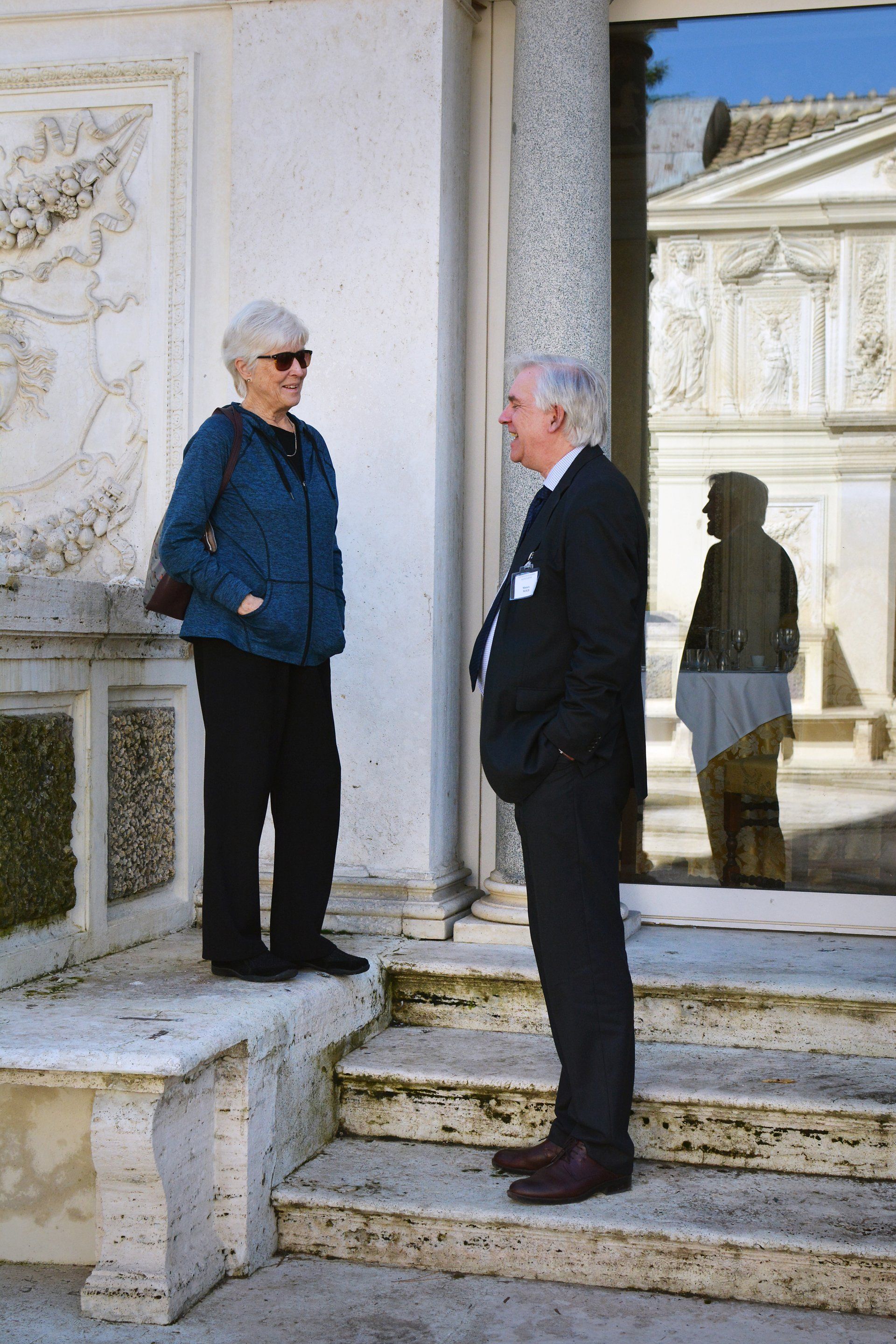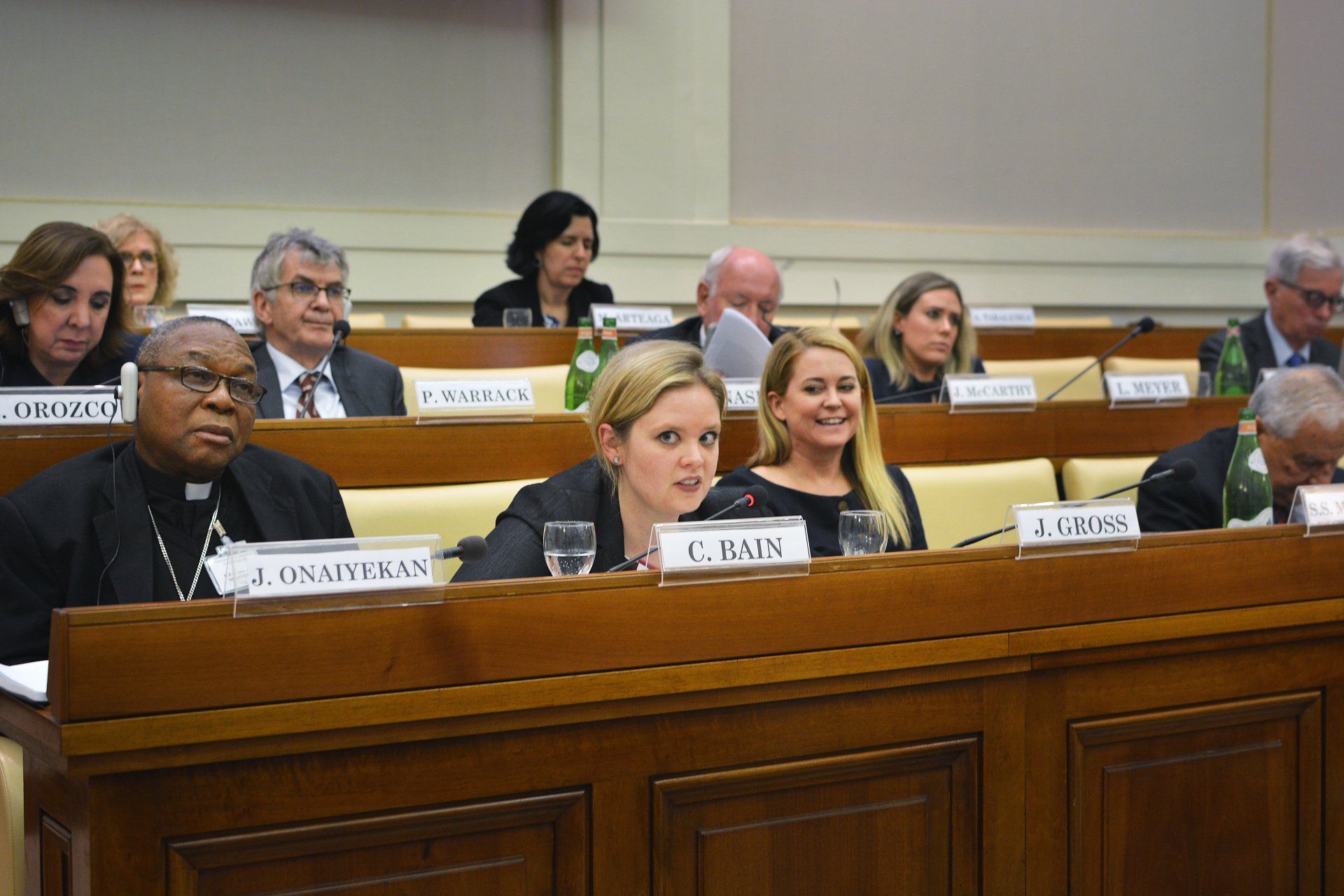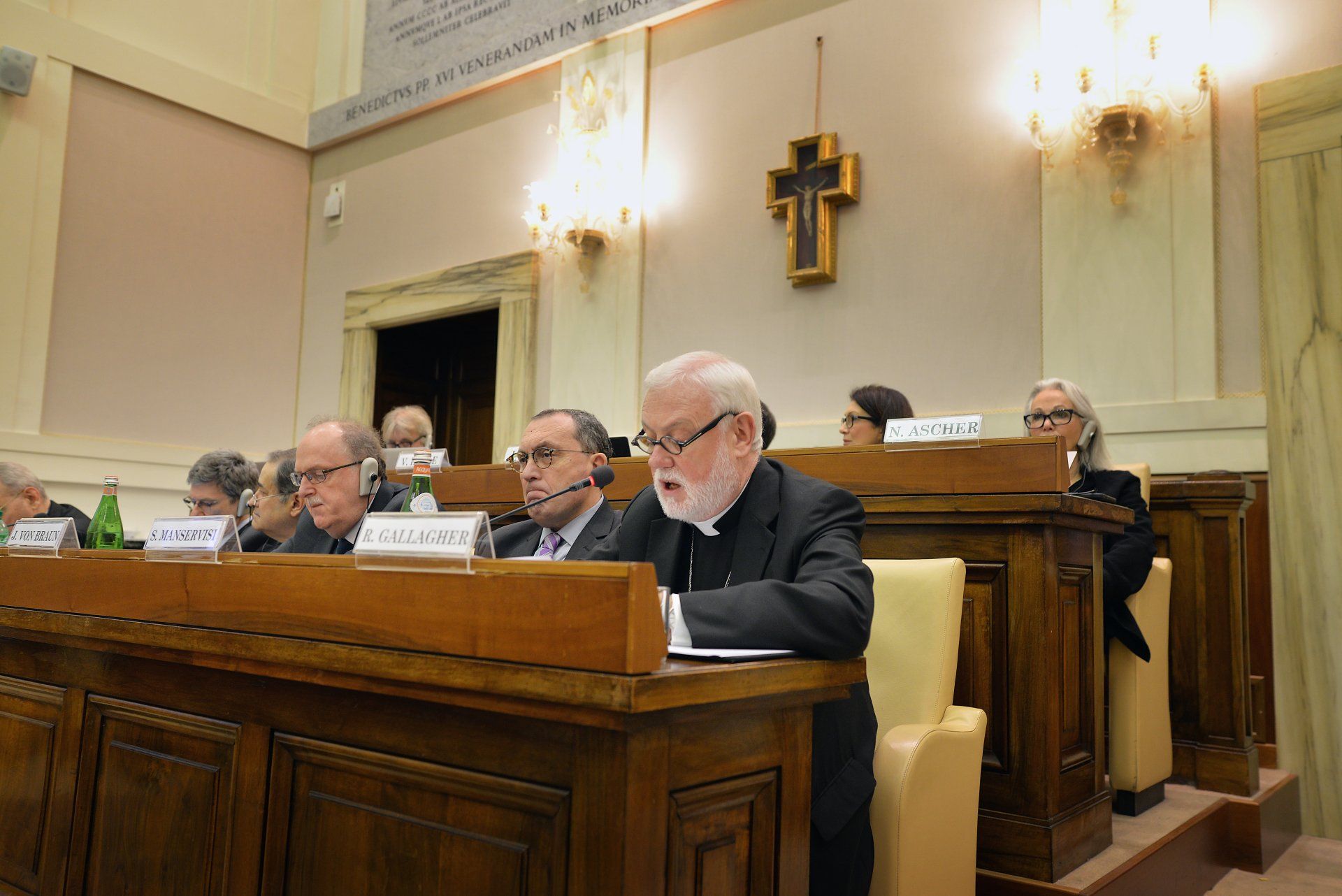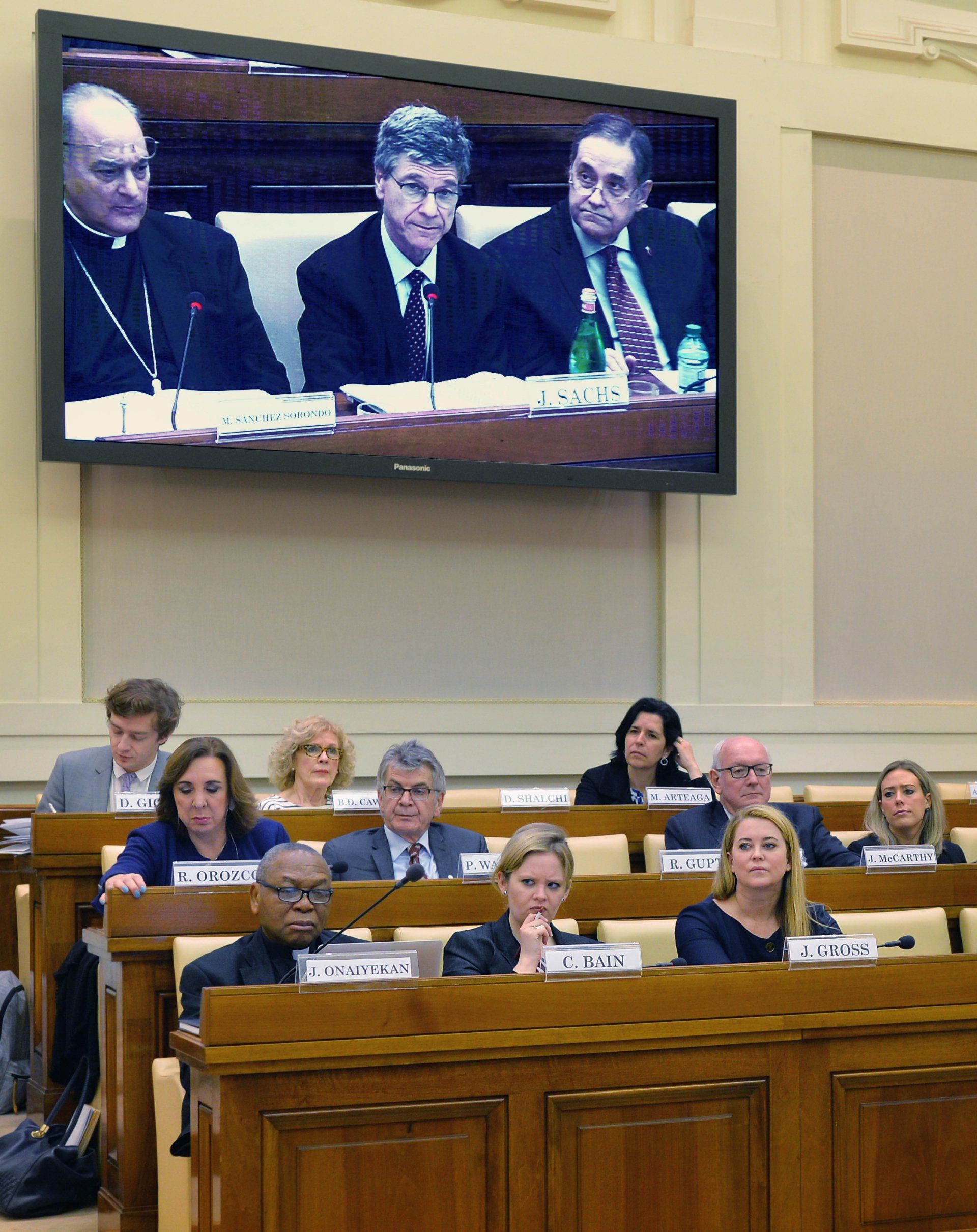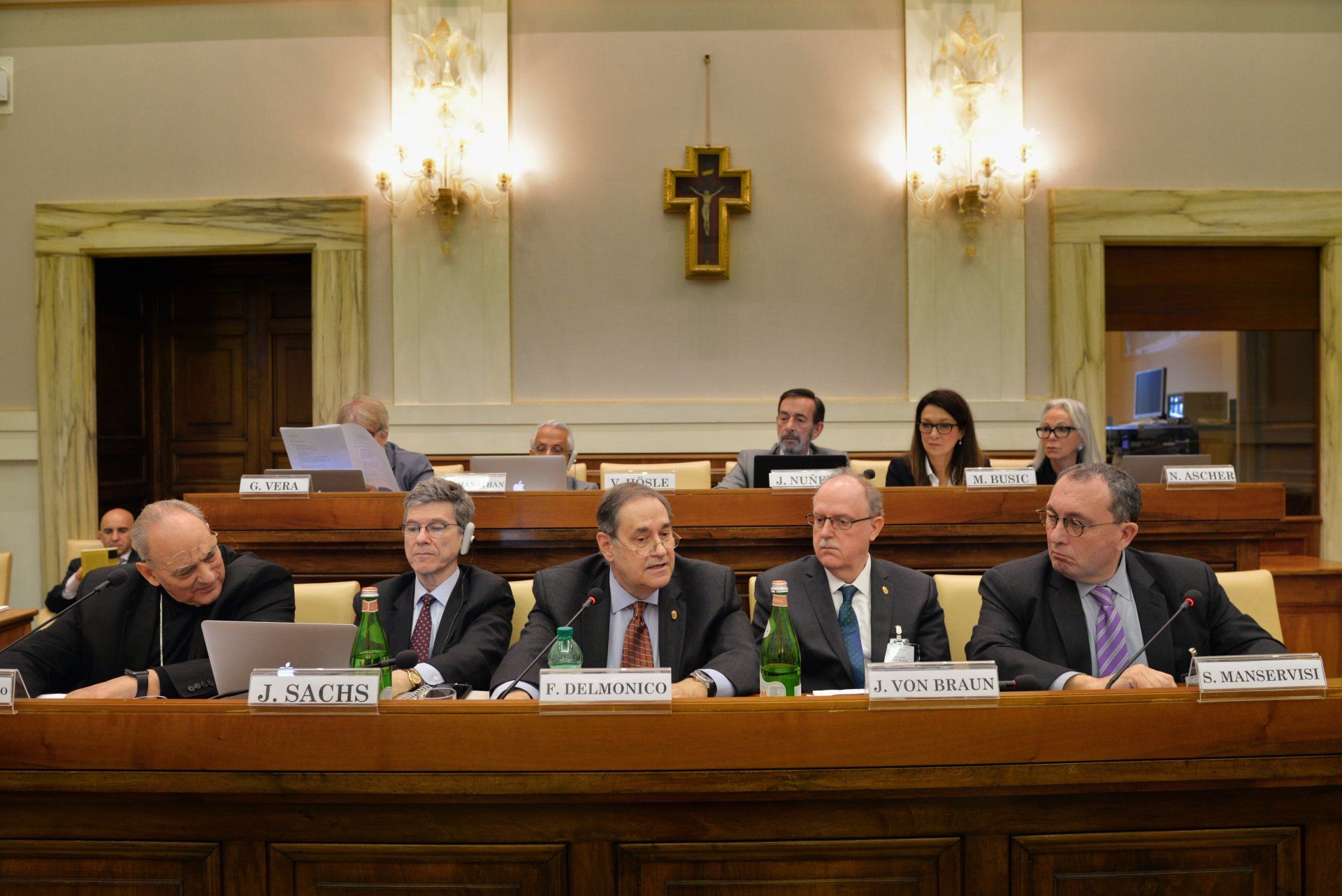Casina Pio IV, Vatican City—Ethics in Action convened at Casina Pio IV in Vatican City to discuss parts of the United Nations Sustainable Development Goals, or SDGs, which call for equal access to justice for all and the end of crimes against humanity. Most notable were talks on the global sex trade, human rights abuses on the Katanga Cobalt Supply Chain, and human and organ trafficking.
The Global Sex Trade and Human Trafficking
“The global sex slavery market generates $32 billion in profits each year. In my own country, in the city of Atlanta, Georgia, the sex trade generates over $300 million a year, which is more revenue than the illegal drug and gun trade combined in the same city,” said Blue Chip Foundation founder Jennifer Gross. “That figure is even more staggering when you learn that the average human is sold into slavery for less than $100, and 20 percent of the victims are sold by their own family due to poverty.”
As many as 76 percent of transactions for sex with underage girls take place on the internet. And while the SDGs certainly address the sex trade, they also address forced labor as a form of modern slavery.
Every 10 minutes, a woman or child is trafficked into the United States for forced labor. According to the U.S. Department of State, as many as 800,000 people are trafficked across international borders every year – and the vast majority of them are women and girls. That translates to nearly 3,000 people being sold or kidnapped every day.
The cumulative statistics are even more dramatic, with at least 12.3 million people living as victims of forced labor across the world; 2.4 million of those are a direct result of human trafficking.
“From Rome during the past five years the Church and the world have heard a constant flow of
statements and exhortations by the Holy Father, Pope Francis, in respect of the eradication of modern slavery and human trafficking. He is perhaps the greatest anti-slavery campaigner in our world today,” said John McCarthy, Chair of the Sydney Diocese Anti-Trafficking Group. “This is a cause dear to his heart and always high in his priorities. He has declared human trafficking to be ‘an open wound on ... contemporary society, a scourge upon the body of Christ’ and ‘a crime against humanity.’ He has pledged with other global religious leaders to collectively work to bring each faith community together to rid this world of this affront to human dignity and degradation of human freedom.”
The International Labour Organization estimates that there are currently 20.9 million victims of the $150 billion human trafficking industry, of which 68 percent are trapped in forced labor, 26 percent are
children and 55 percent are women and girls.
“Ethics in Action heard testimony regarding supply-chain management, combating prostitution and sex trafficking, and the management of organ transplantation to prevent organ harvesting and sales. Several key leaders from across the globe discussed the Move Humanity Campaign to mobilize philanthropic funding, the legal empowerment of the poor, and solutions to professionalize local police, prosecutors, and courts in countries that desperately need improvement,” said Gross. “The committee also discussed several other issues, including ending human rights abuses in the Katanga Cobalt Supply Chain.”
Human Rights Abuses on the Katanga Cobalt Supply Chain
The Katanga Cobalt Supply Chain is rife with human rights abuses. Because Congo holds half the world’s cobalt reserves, and cobalt is the main mineral component of lithium-ion batteries that power electric cars, experts anticipate a tremendous surge in demand over the next several years. But cobalt mining is now characterized by child and forced labor, tremendous amounts of pollution, and extreme poverty in the regions where it’s most prominent.
“The Responsible Cobalt Initiative is a positive step forward,” said Gross. “Some of the companies participating in it include Apple, BMW Group, Dell Technology, Sony and Volvo.”
The RCI, run by the Chinese Chamber of Commerce for Metals, Minerals & Chemicals Importers and Exporters and the Organization for Economic Co-operation and Development, has a clear mission to increase transparency in the cobalt supply chain and “promote cooperation with the government of the Democratic Republic of the Congo, civil society, and affected local communities to take and/or support actions that address the risk and challenges in the cobalt supply chain.”
Experts cite the success of the Good Shepherd Model, a community-based framework in Katanga that demonstrates a low-cost development strategy that effectively combats child and forced labor in the cobalt region. Over the past five years, the Good Shepherd Model has reduced child labor within the community of Kolwezi by 92 percent; raised income and food security for 300 women and girls through education and alternate occupations; and created community-based safe spaces for 5,000 people where they can report and help prevent human rights violations.
Prostitution and the Nordic Model
Ethics in Action specifically discussed the Nordic Model to combat prostitution, as well. Under the Nordic Model, which was first implemented in Sweden in 1999, decriminalized those who were prostituted. In lieu of punishments, which were traditionally aimed at victims, it provides high-quality social services, makes the buying of sex a criminal offense, and addresses all the factors that drive people into prostitution. The model calls for a guaranteed minimum income for all, the elimination of the pay disparity between women and men, and additional support and resources for families.
Human Organ Trafficking
Because human organ trafficking is closely tied to human trafficking, and because illegal organ harvesting is at an all-time high, the Sustainable Development Goals address it as well.
“SDG 8.7 addresses organ transplantation, and last September, the UN General Assembly adopted a resolution that directed countries to establish regulations that transplants occur only in authorized centers with proper regulatory oversight,” said Gross. “It also calls for specific authorization procedures and registries that help promote transparency and traceability of human organs.”
As a result of the convention, Ethics in Action – supported by the United Nations Sustainable
Development Solutions Network – chose to establish a working group on modern slavery, human trafficking, and access to justice for the poor and vulnerable. The group will seek out additional partners, including the Responsible Cobalt Initiative, the OECD, the Columbia Center on Sustainable Investment, and the Amazonas Sustainability Foundation, and will report back with its findings and recommendations at the September 2018 Ethics in Action meeting.
